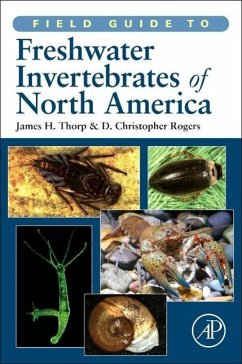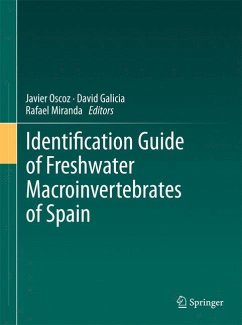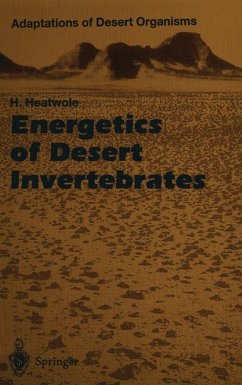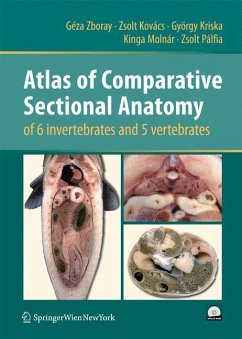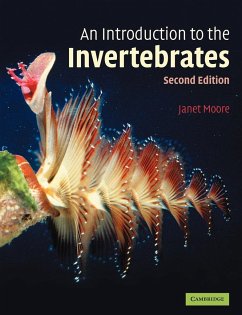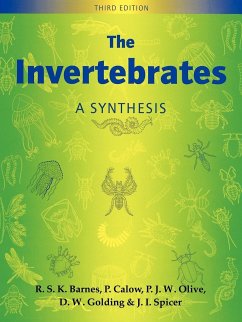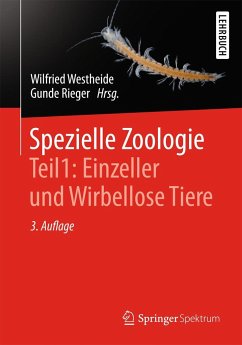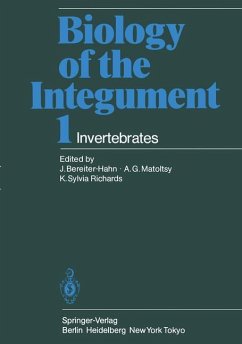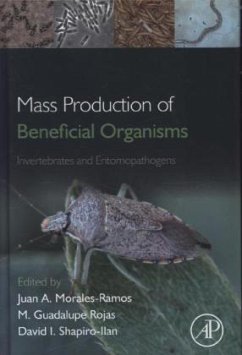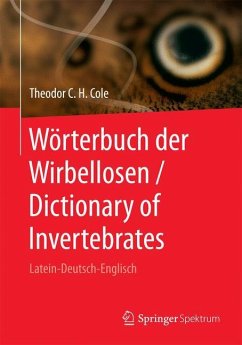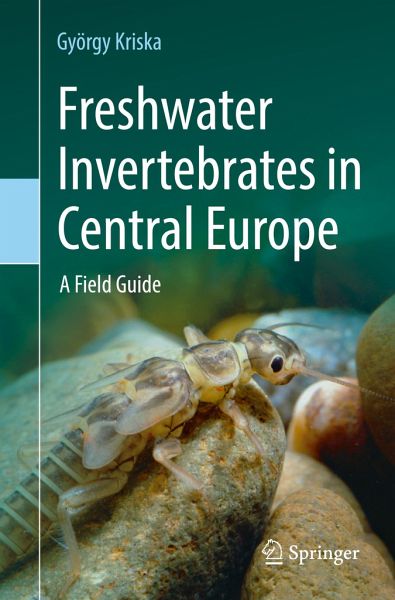
Freshwater Invertebrates in Central Europe
A Field Guide

PAYBACK Punkte
34 °P sammeln!
This up-to-date guidebook on freshwater invertebrates of the central European region is a richly illustrated work, providing an excellent source of systematic information on freshwater macroinvertebrates. Numerous colour photos and additional vector graphic figures allow readers to identify specific species at a higher taxonomic level (family). The book is supplemented by video sequences. Freshwater Invertebrates in Central Europe - A Field Guide is a must-have for all those interested in the freshwater animals of central Europe such as animal scientists and ecologists, as well as students att...
This up-to-date guidebook on freshwater invertebrates of the central European region is a richly illustrated work, providing an excellent source of systematic information on freshwater macroinvertebrates. Numerous colour photos and additional vector graphic figures allow readers to identify specific species at a higher taxonomic level (family). The book is supplemented by video sequences. Freshwater Invertebrates in Central Europe - A Field Guide is a must-have for all those interested in the freshwater animals of central Europe such as animal scientists and ecologists, as well as students attending classes on freshwater invertebrate.



